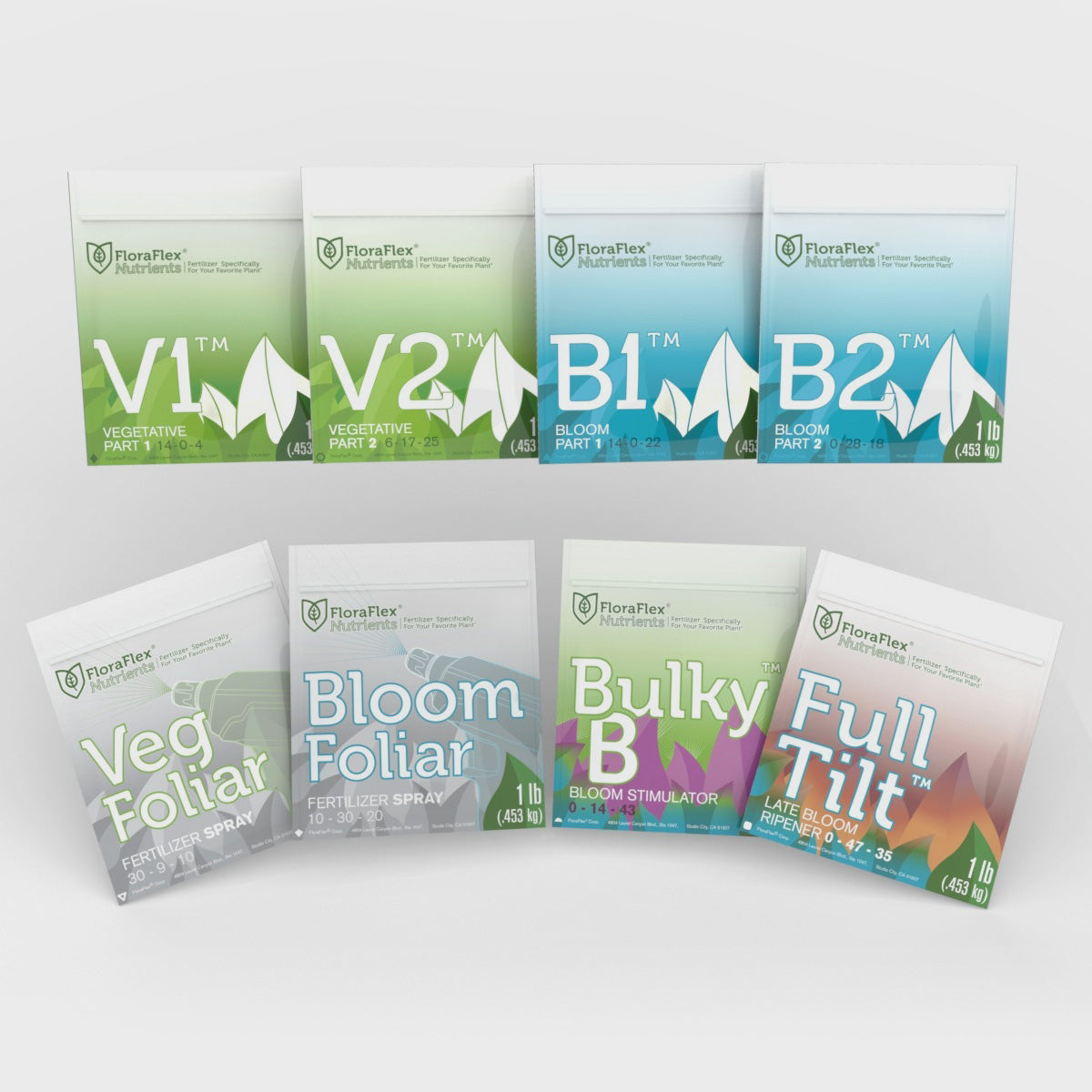Germination is an essential process in weed cultivation, marking the beginning of a plant's life cycle. Once the seeds have germinated, sprouting is the next stage where the seedling emerges from the seed. In this article, we will explore the germination process and timeline, as well as factors that can affect the sprouting time of weed seeds.
Germination is the process by which a seed develops into a seedling. It involves the activation of enzymes and the growth of the embryonic plant within the seed. Once germination is successful, sprouting occurs, and the seedling emerges from the protective seed coat.
Understanding Germination in Weed Cultivation
Germination is crucial in weed cultivation as it determines the viability and growth potential of the plants. It is during this stage that the seed establishes a root system and begins to photosynthesize, paving the way for further growth and development.
Germination Process and Timeline
Seed Preparation
Before germination, it is important to prepare the seeds properly. This may involve scarification (scratching the seed coat) or soaking the seeds in water to promote hydration and activation of enzymes.
Germination Methods
There are various germination methods, including paper towel method, direct sowing in the growing medium, or using specialized germination plugs or cubes. Each method has its advantages and considerations.
Germination Timeline
The germination timeline for weed seeds can vary depending on the strain and environmental conditions. On average, germination can take anywhere from 24 hours to 7 days. However, some seeds may take longer, especially if they are older or have been stored improperly.
Factors Affecting Germination Time
Several factors can influence the sprouting time of weed seeds. It is important to consider these factors to ensure successful germination:
Seed Quality and Viability
The quality and viability of the seeds play a significant role in germination time. Fresh, healthy seeds are more likely to germinate quickly and successfully compared to old or damaged seeds.
Environmental Conditions
Environmental factors such as temperature, humidity, and light can impact the germination process. Optimal conditions for germination typically include temperatures between 70-85°F (21-29°C) and a relative humidity level of 70-90%.
Germination Techniques
Different germination techniques may affect the sprouting time. For example, using the paper towel method may result in faster germination compared to direct sowing in the growing medium.
Tips for Successful Germination
To promote successful germination and sprouting, consider the following tips:
Proper Seed Storage
Store your weed seeds in a cool, dark, and dry place to maintain their viability. Avoid exposure to moisture, heat, or extreme temperature fluctuations.
Temperature and Humidity Control
Maintain appropriate temperature and humidity levels during germination. Use a propagation tray or a controlled environment to create optimal conditions for seed germination.
Light Exposure
Provide a gentle light source during germination to stimulate seedling growth. Use a low-intensity light, such as fluorescent or LED grow lights, positioned at an appropriate distance to prevent stretching or light burn.
Watering and Moisture Management
Ensure proper moisture levels during germination by misting the growing medium or using a humidity dome to create a humid environment. Avoid overwatering, which can lead to damping-off or other fungal issues.
The time it takes for weed seeds to sprout after germination can vary depending on various factors, including seed quality, environmental conditions, and germination techniques. On average, sprouting can occur within 24 hours to 7 days. By understanding the germination process, providing optimal conditions, and following proper techniques, growers can increase the likelihood of successful sprouting and promote healthy seedling development.








